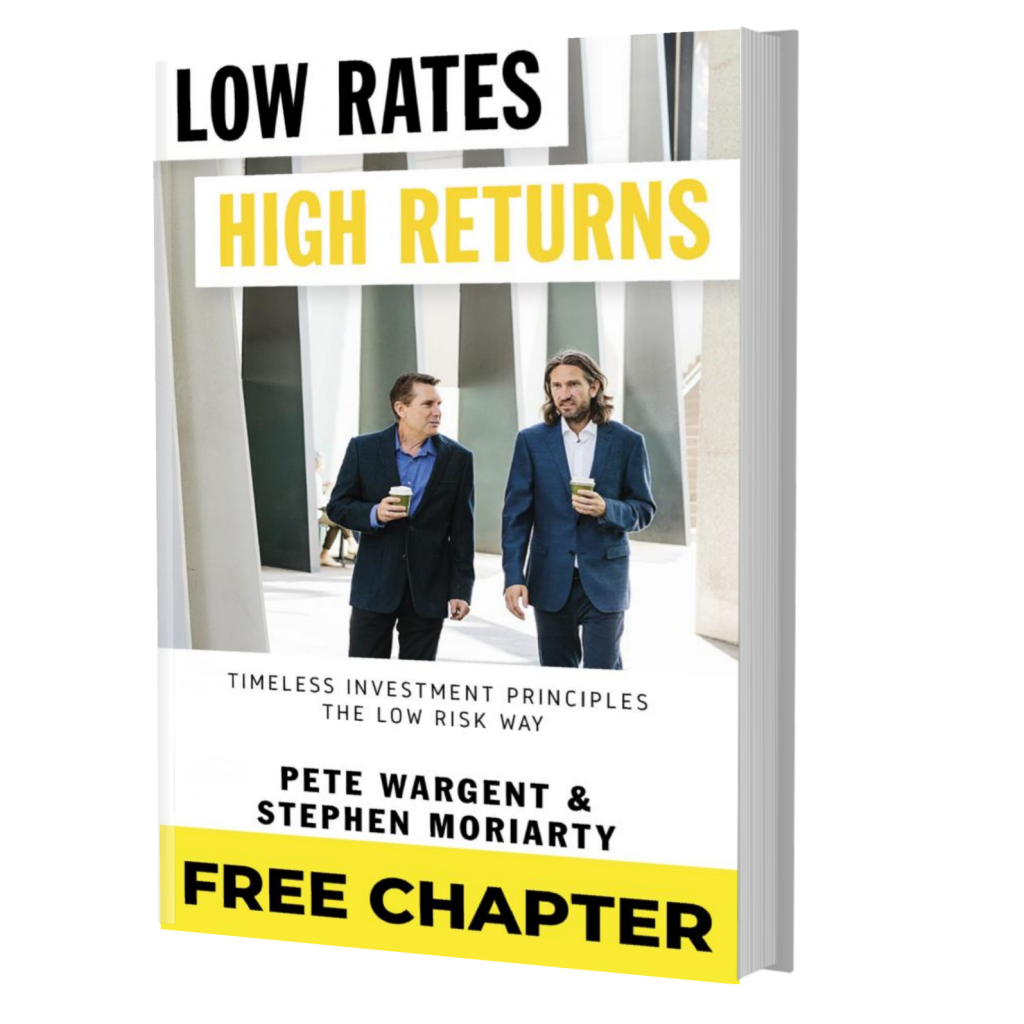Dark side of the moon
This week I skimmed an academic paper concluding that in the event of sweeping tax changes home ownership rates would rise from 66.7 per cent to 72.2 per cent, and it brought to mind what Nassim Nicholas Taleb coined the Ludic Fallacy, the “dark side of the moon being harder to see”.
The term refers to the application of conveniently oversimplified models to infinitely complex real-life situations, sometimes resulting in exacting conclusions delivered with false precision.
Furthermore, progress can be opaque & non-linear, argues Taleb, history is unpredictable and liable to suddenly advancing in great leaps & bounds (rationalised only in hindsight), leaving us prone to ‘Black Swan’ events that are not and cannot ever be predicted.
The great unknown
The first time you read Taleb’s works can be eye-opening & entertaining; the second time it’s scary – the concept of Black Swan events or outliers is troubling when you consider the potential implications carefully.
We’re often told that leverage is good because you can achieve more with less, but leverage can also leave you exposed to unforeseen events.
If the future is more unpredictable than you & I intuitively believe, then it makes sense to expose yourself to favourable consequences of randomness.

5 ways to prepare for uncertainty
Here are five ways to position yourself for an uncertain future:
(i) Be flexible – hiring dozens of employees with strictly defined roles may you offer leverage in your industry today, but it can also be a noose that renders you inflexible, resistant to change, and potentially unable to capitalise on huge new opportunities as & when they arise. Try not to be narrow-minded!;
(ii) Understand & limit your downside – there are positive & negative Black Swan events. The trick is to look for asymmetry, open-ended payoffs but limited unfavourable consequences;
(iii) Seek unlimited upside – in some respects it’s easy to be a cryptocurrencies speculator or trade high-risk stocks when you’re young – there’s seemingly limitless upside, and you may appear to have comparatively little to lose – but you’ll find that you appetite for risk decreases as your net worth increases.
When clients or mentees ask me about starting a small business I often tell them to use their expertise to write a book – there’s relatively little downside & you might get picked up by a big publisher. Can’t find a publisher? Release an e-book! The internet can be your publisher and you don’t need to store inventory;
(iv) Mingle – great things happen at cocktail parties because people mingle and barriers are broken down when they meet face-to-face. This suggests that networking might prove to be beneficial. How can you supercharge opportunities? Hosting your own live events & presentations could be one way; joining influential organisations might be another; and
(v) Play in a big pond – living in a big city greatly increases the odds of serendipitous events. Living on a remote farm may be feasible with the advance of wireless broadband internet, but it also reduces hugely the chances of massive breakthroughs coming your way.
People love to sell to us that they know what’s around the corner. They don’t. But random or unpredictable events bring both opportunities & threats, so it’s smart to be flexible and open-minded.





